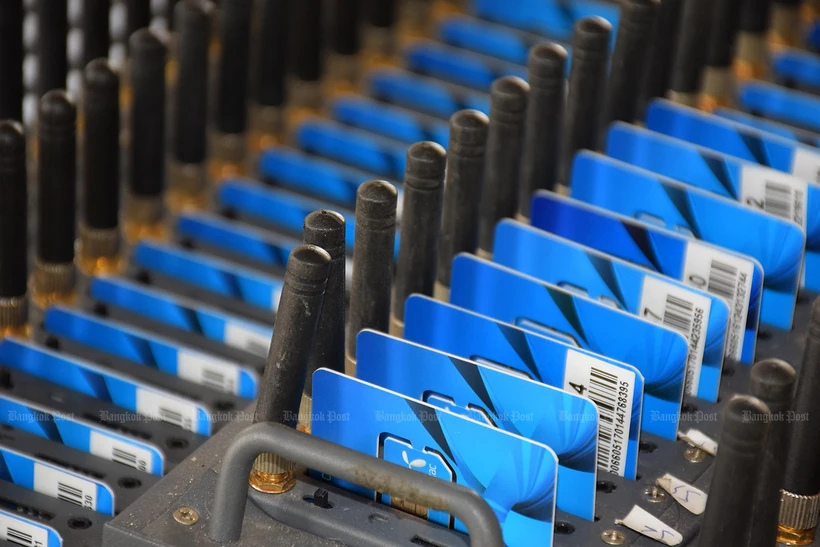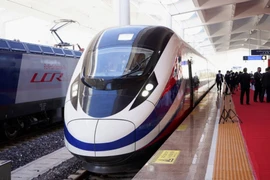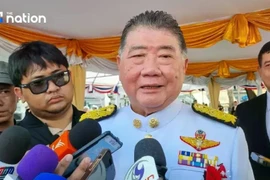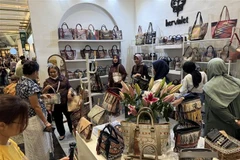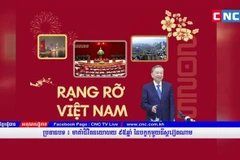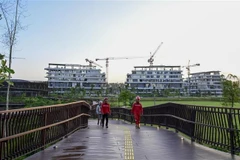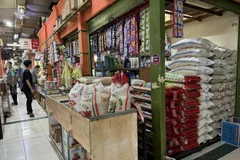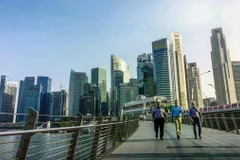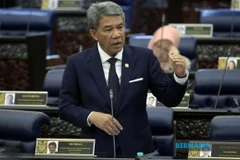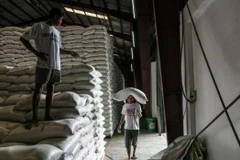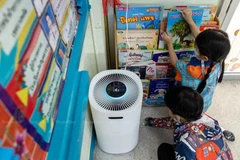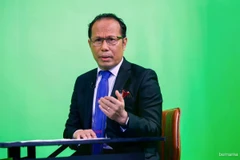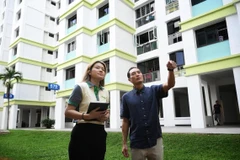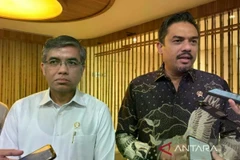Bangkok (VNA) – Thailand’s Office of the National Broadcasting and Telecommunications Commission (NBTC) is drafting rules to govern the import of SIM card operating boxes in an effort to suppress cybercrime and fraudulent call centres.
Trairat Viriyasirikul, acting secretary-general of the NBTC, said that the import of these devices, whether in part or in whole, will require declared documentation and approval from the NBTC office.
Currently, the boxes can be imported without applying for the NBTC's permission. They are used to provide call centre services for enterprises.
Trairat emphasised that the rules will be attached to the amended draft of the emergency decree to combat technology crime.
The Thai Government recently endorsed this draft to hold banks, phone operators and social media owners responsible for damage from call centre scams if they are found negligent or reckless.
The amendment will penalise financial institutions, telecoms and social media firms if it is found that financial damage to the public resulted from their failure to comply with anti-scam measures.
Under the amendment, telecom operators and the NBTC are required to suspend SIM cards suspected to have been used by scammers.
In addition, the penalty for revealing personal data without consent has been increased to a maximum of 5 million THB (147,000 USD) and/or five years in prison, from 1 million THB and one year in prison.
According to the Bank of Thailand, in the past two years, Thai bank customers lost more than 60 billion THB to online financial scams./.
